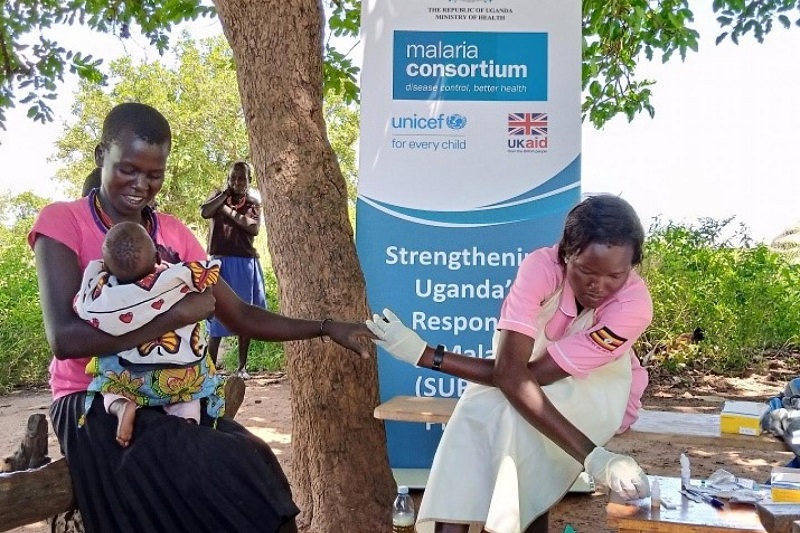Malaria is a life-threatening disease caused by the Plasmodium parasite transmitted to humans through the bites of infected female Anopheles mosquitoes. The disease is a major public health problem, particularly in sub-Saharan Africa, including Uganda, where it is one of the leading causes of morbidity and mortality. In this article, we will discuss the associated factors for the rise of malaria in Uganda and ways to prevent it.
Associated Factors for the Rise of Malaria in Uganda
- Climate change and weather patterns: Changes in climate, including temperature and rainfall patterns, can affect the transmission of malaria. In Uganda, the country’s equatorial climate and high humidity levels provide ideal conditions for the survival and proliferation of the Anopheles mosquito, which transmits the malaria parasite. With climate change, there has been an increase in temperature, which has extended the range of the mosquito, leading to a rise in malaria cases.
- Inadequate access to healthcare services: Many people living in rural areas of Uganda lack access to healthcare services, including prevention and treatment of malaria. This lack of access to care means that many people are not diagnosed or treated for the disease, leading to its continued spread.
- Poverty: Poverty is a significant factor in the spread of malaria in Uganda. Poor households are more likely to lack access to mosquito nets, insecticides, and other preventive measures, leading to a higher incidence of malaria in these communities.
- Environmental factors: Poor sanitation and environmental management, including standing water and unsanitary conditions, create breeding grounds for mosquitoes, increasing the spread of malaria in Uganda.
Ways to Prevent Malaria in Uganda
- Use of insecticide-treated mosquito nets: Sleeping under insecticide-treated mosquito nets (ITNs) is one of the most effective ways to prevent malaria. ITNs are designed to kill mosquitoes that come into contact with them, reducing the risk of transmission of the disease.
- Indoor residual spraying: Indoor residual spraying (IRS) involves the application of insecticides to the interior walls of houses, reducing the number of mosquitoes that enter homes and decreasing the risk of malaria transmission.
- Access to healthcare: Ensuring access to healthcare services, including diagnosis and treatment of malaria, can help prevent the spread of the disease.
- Environmental management: Environmental management, including the clearing of standing water and other breeding sites for mosquitoes, can help reduce the risk of malaria transmission.
- Education and awareness: Education and awareness campaigns aimed at educating people about the prevention of malaria and the importance of seeking prompt medical attention when symptoms arise can help reduce the spread of the disease.
Conclusion
Malaria remains a significant public health challenge in Uganda. Addressing the associated factors for the rise of malaria, including climate change, poverty, and inadequate access to healthcare, requires a multi-faceted approach. The implementation of preventive measures, including the use of insecticide-treated mosquito nets, indoor residual spraying, and environmental management, along with improved access to healthcare services and education and awareness campaigns, can help reduce the incidence of malaria in Uganda.
If you would like your article/opinion to be published on Uganda’s most authoritative news platform, send your submission on: [email protected]. You can also follow DailyExpress on WhatsApp and on Twitter (X) for realtime updates.



